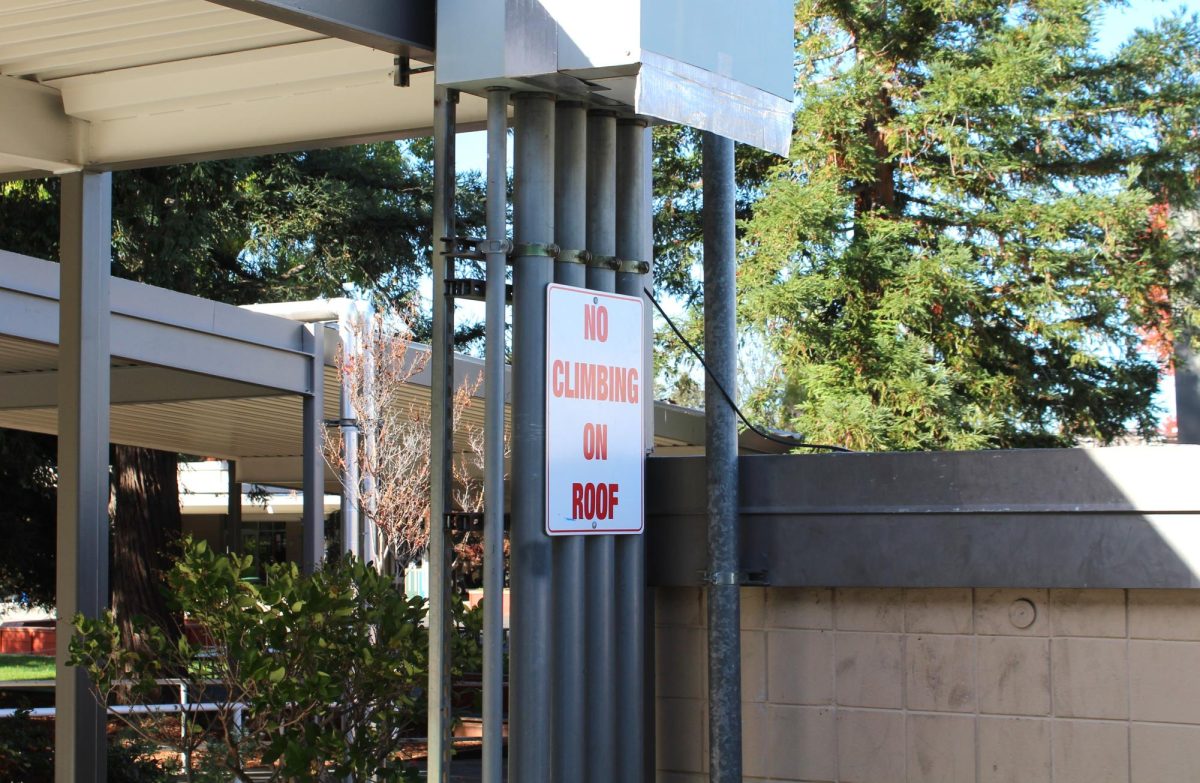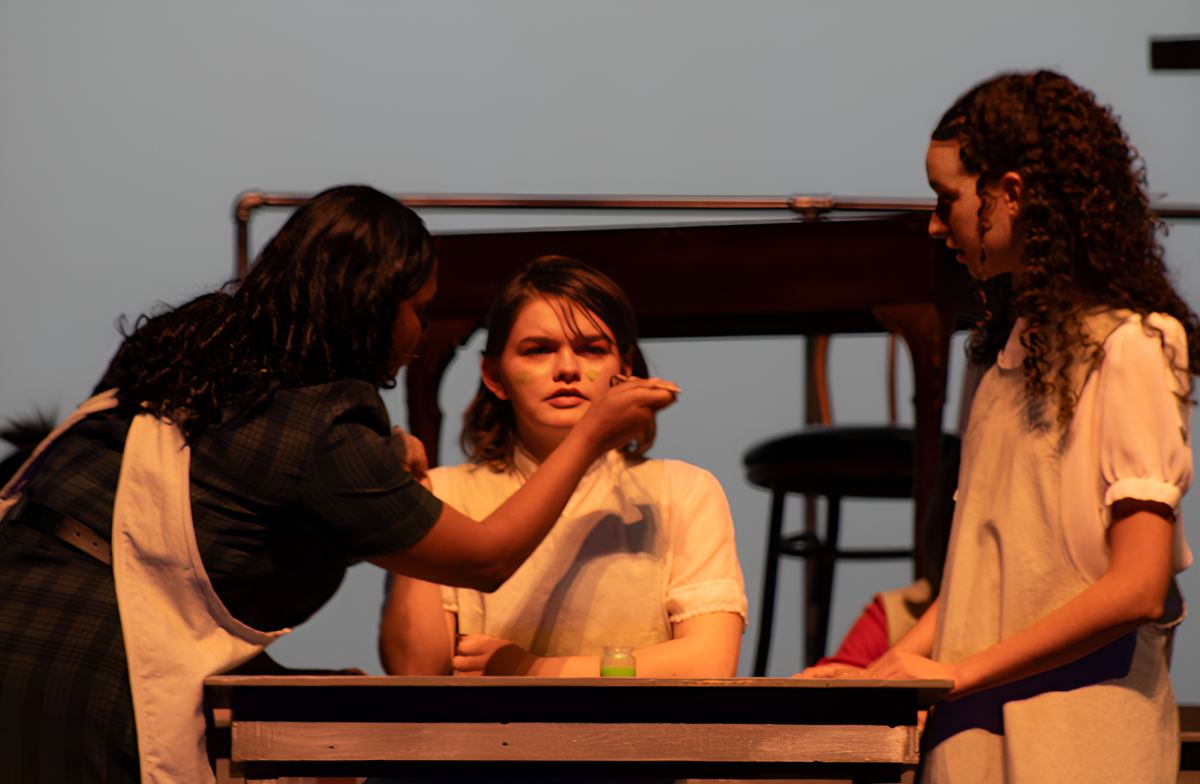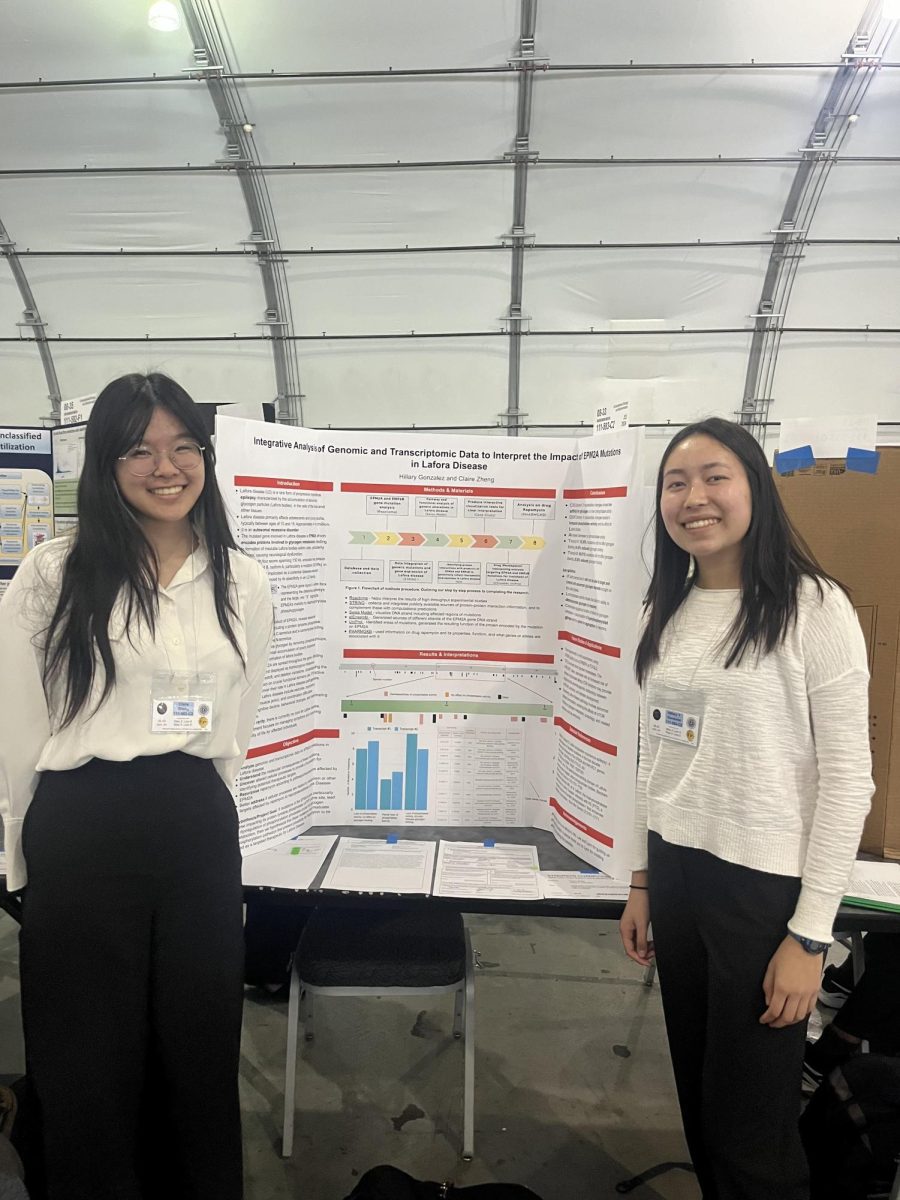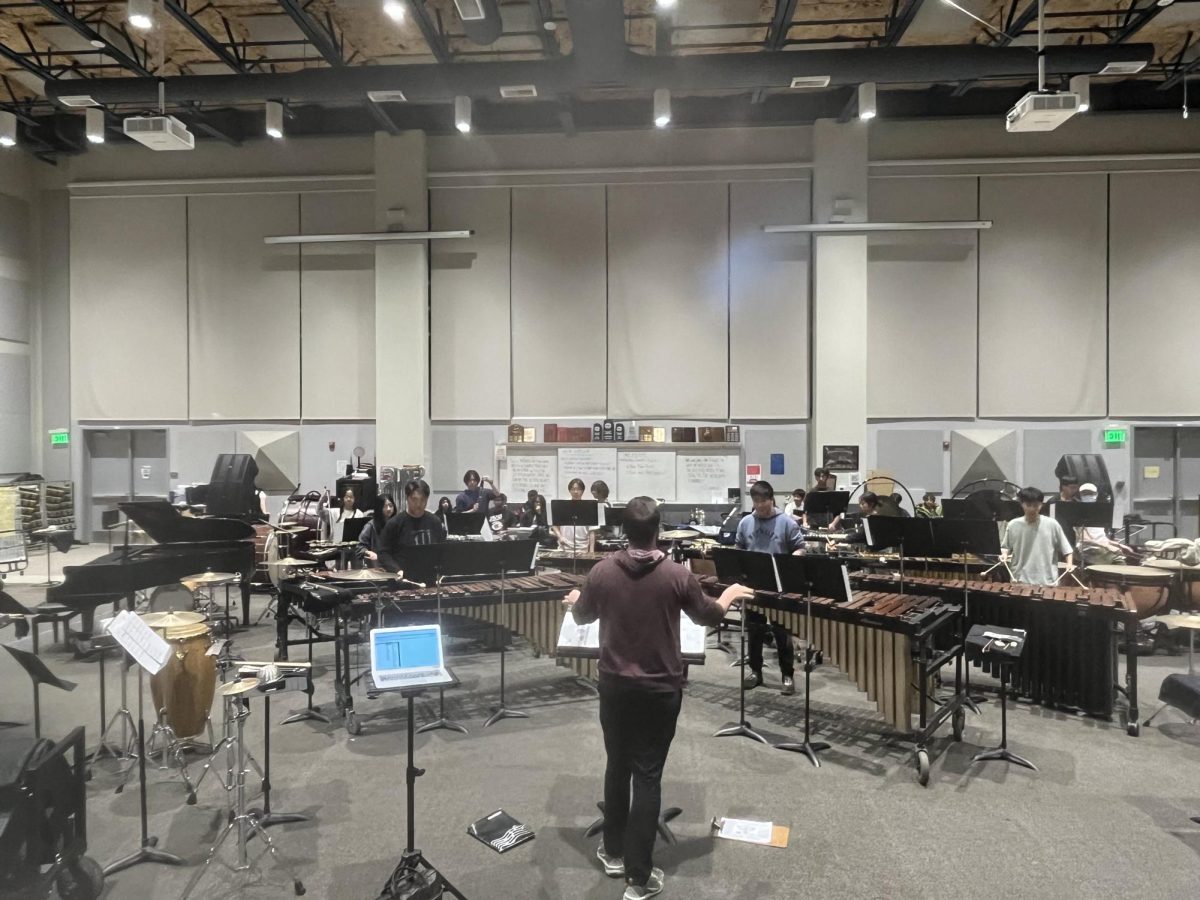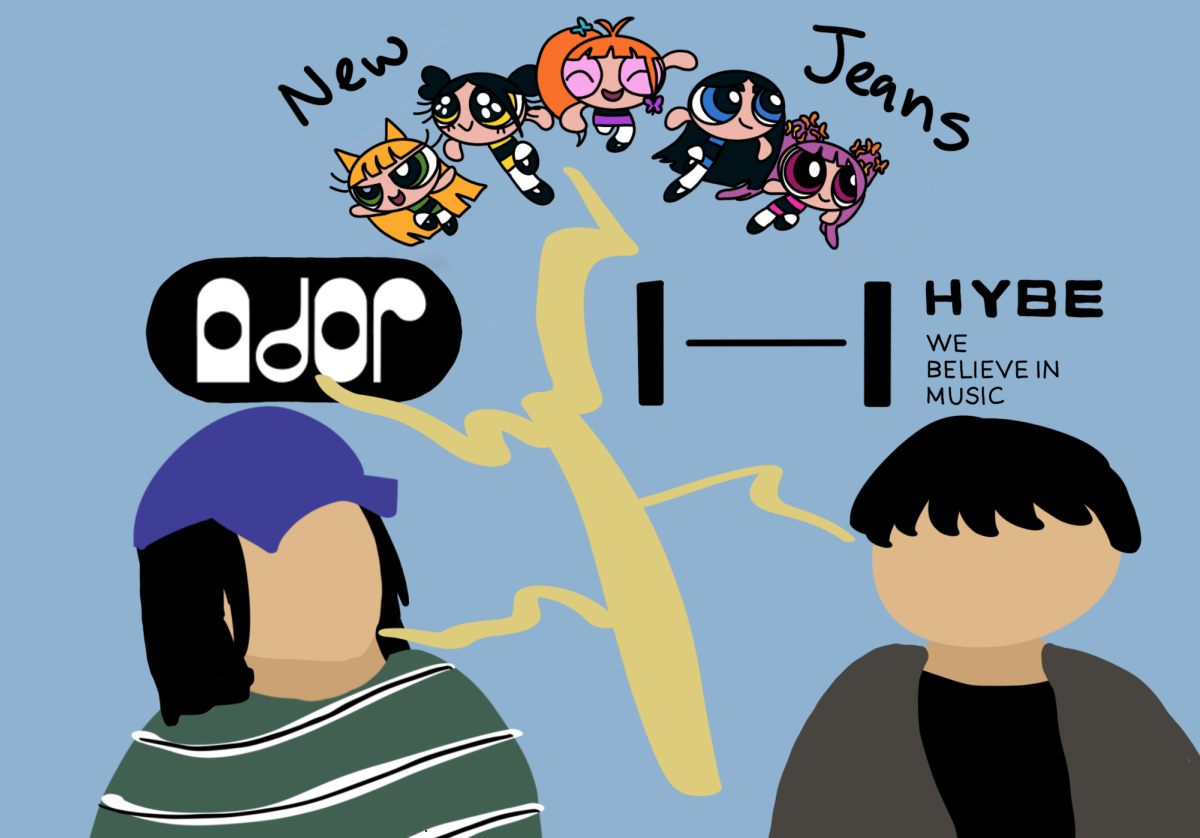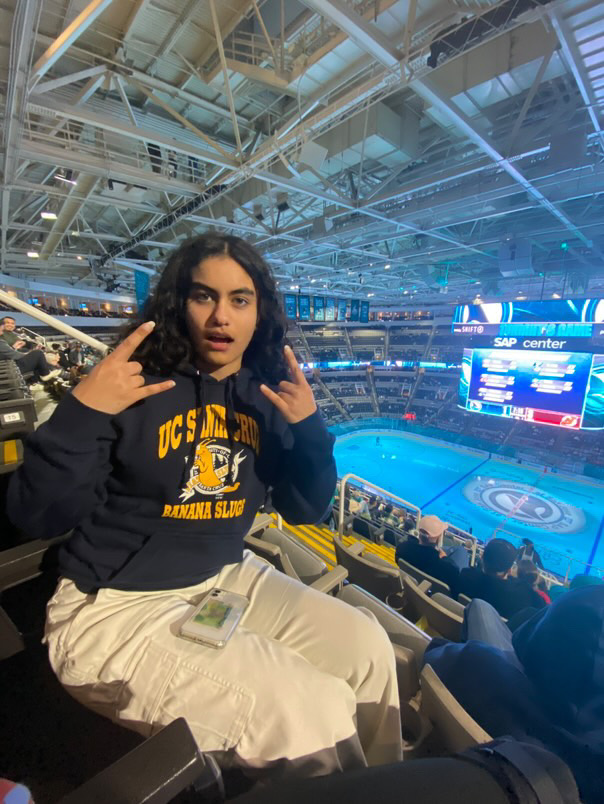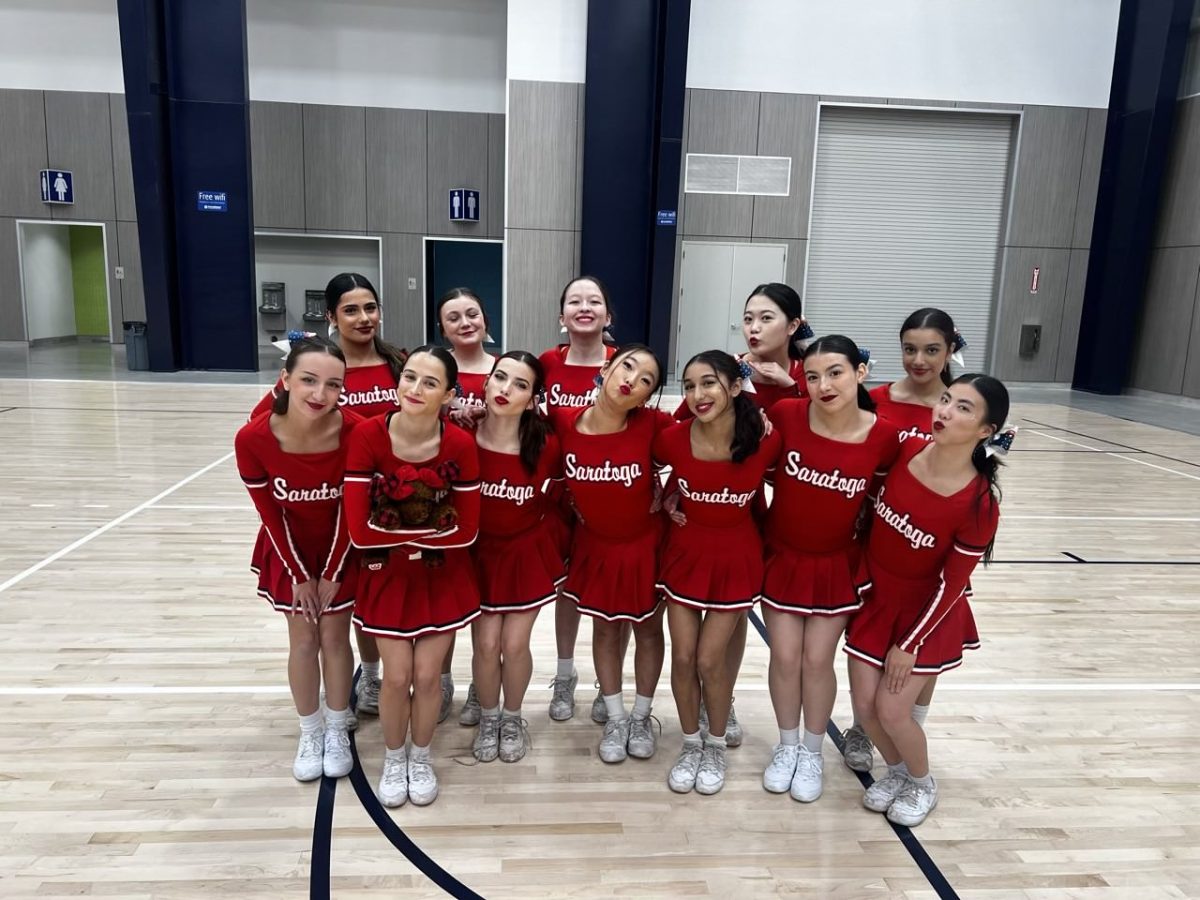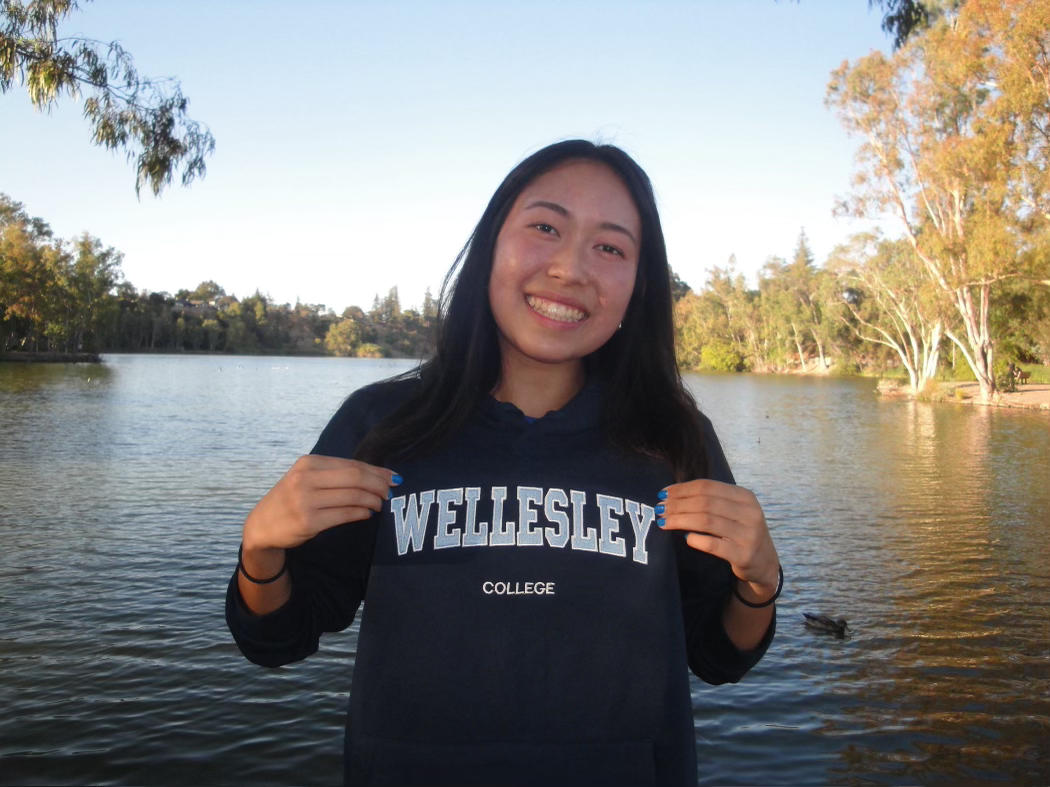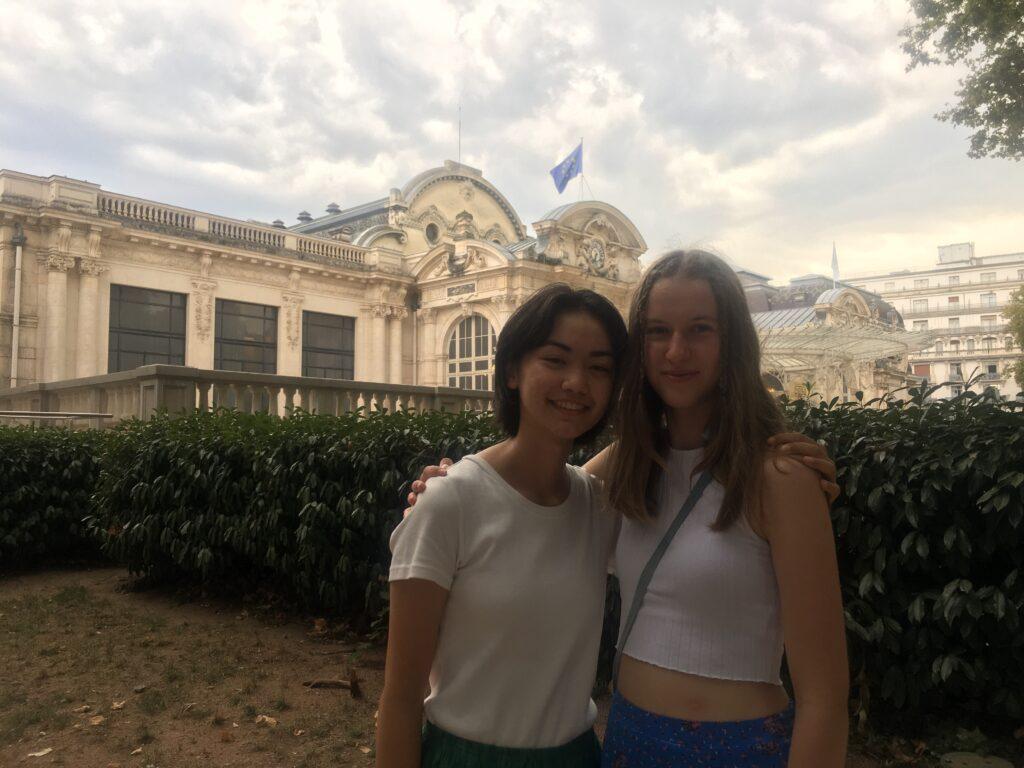When junior Anais Sobrier was in kindergarten, her parents sent her to a Chinese afterschool named 信望爱中文学校 (Faith Hope & Love Chinese School) for two to three hours every weekday. There, she worked with teachers and learned to read, write, speak and understand Mandarin.
At 8, she started weekly classes with a French tutor. Sobrier started learning these languages because her mother, born in mainland China, and her father, born in France, wanted her to be exposed to both languages. She also speaks these languages at home.
Sobrier took the AP Chinese and AP French classes and exams in her sophomore year; this year, she is taking the AP Spanish class and the AP Spanish exam. She took two years of Spanish in middle school and continued to Spanish 3 in freshman year; however, since she already had two language classes her sophomore year, she took Spanish with an outside tutor.
She hopes to take a Japanese class at the school next year and is currently self-studying it through online guides like 80/20 Japanese. In the future, she hopes to learn Italian and German as well.
Sobrier also participates in weekly, hour-long tutoring sessions facilitated by Aspiring to Create English (ACE) Club, where she helps a tutee from Tokyo with her English and Essay writing. For example, this April, she presented a slideshow on American reality TV shows she previously watched in order to help her tutee better learn conversational English.
“Being comfortable with a language is really important [to me], and being comfortable doesn’t mean being fluent,” Sobrier said. “Watching a student describe a word that you don’t know, pushing through that difficulty and seeing them get more comfortable [with a language] is really rewarding.”
Sobrier often visits her grandparents in France over the summer, where she must constantly interact with French natives. For example, during her sophomore summer, she visited France and read many books in French because she had limited access to English novels.
“[The trips to France] really helped me learn to communicate with my peers, and made me understand the words that people use in normal conversation,” Sobrier said. “Most of the time, the vocabulary and structure I learn is very academic. [In the States], you learn from a textbook, not from people.”
Sobrier also hopes to participate in college foreign exchange programs because she’s excited whenever she gets to learn a new language.
“I love the idea of being able to communicate in a new language and to be able to think in that new language too,” Sobrier said. “It feels different when you think and process things in a different language, and feeling comfortable and being fluent in a new language is really rewarding.”

